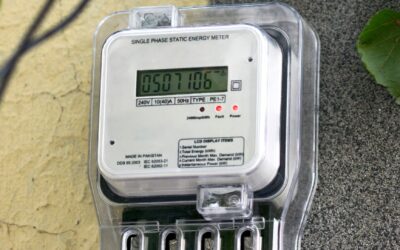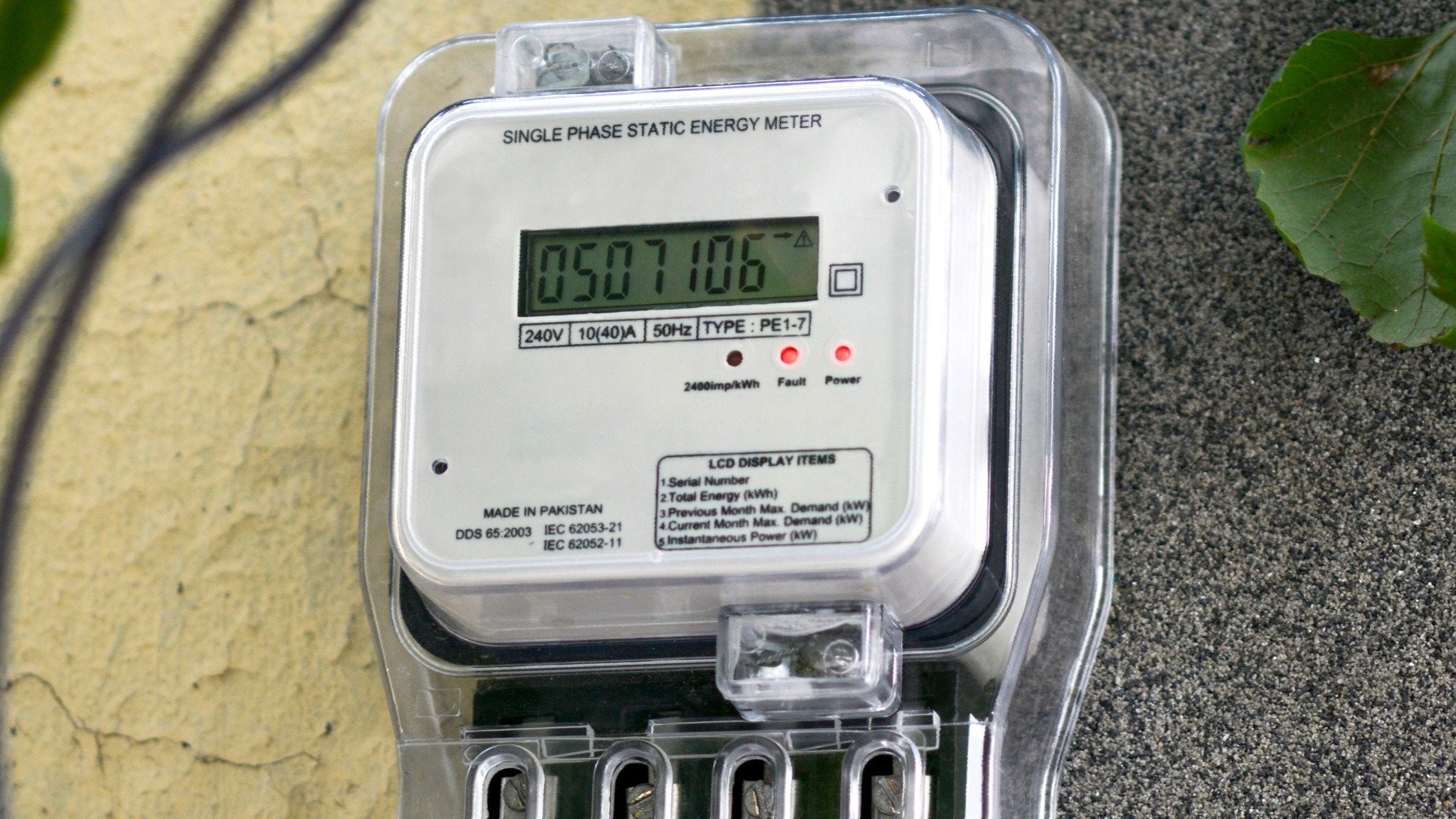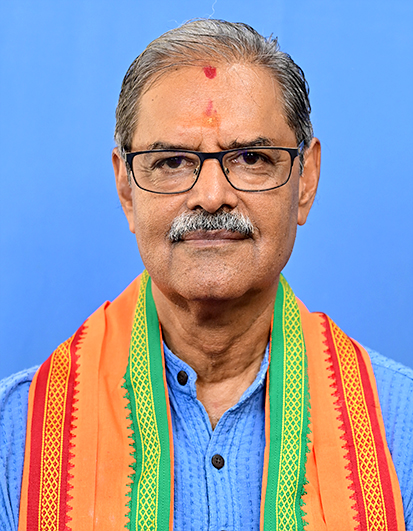Odisha Unveils Draft EV Policy 2025 to Push Green Mobility

State Sets 50% EV Adoption Target by 2030 with Expanded Incentives and Charging Network
Bhubaneswar : The Odisha government has released its draft Electric Vehicle (EV) Policy 2025, unveiling an ambitious roadmap to position the state as a national leader in green mobility. The new policy sets a bold target of achieving 50 percent electric vehicle adoption in new registrations by 2030, covering a wide spectrum of vehicle categories ranging from two-wheelers and cars to buses, trucks, and even construction equipment.
The draft policy has been framed after the state government fell short of its targets under the earlier EV Policy of 2021, which aimed for 20 percent EV adoption by August 2025. Odisha recorded only 9 percent penetration, prompting the government to expand incentives and strengthen infrastructure in the revised framework.
Expanded Incentives Across Categories
The draft EV Policy 2025 introduces enhanced subsidies for buyers of electric two-, three-, and four-wheelers, buses, trucks, and retrofitted vehicles. Importantly, these subsidies are linked to the performance and efficiency of vehicles to encourage adoption of high-quality, energy-efficient models.
In addition to purchase subsidies, the state government has announced capital support for charging infrastructure. The first 100 public battery-swapping stations in Odisha will receive capital subsidies. Moreover, Viability Gap Funding has been proposed for setting up fast charging stations across National Highways, State Highways, and Odisha State Road Transport Corporation (OSRTC)-owned bus terminals and stops. This is expected to address a critical barrier to EV adoption — the lack of reliable charging infrastructure.
Focus on Infrastructure and Technology
To ensure seamless charging access, all fuel pumps along National and State Highways will be required to have at least one fast charging station. The government also plans to establish three Centres of Excellence (CoEs) that will focus on research and development in EVs, charging infrastructure, and hydrogen-based technologies.
Additionally, incubation hubs for startups will be expanded to encourage entrepreneurship in the EV ecosystem. To boost innovation and commercialization, a dedicated fund of Rs 15 crore has been earmarked under the “Chief Minister’s EV R\&D Grant.”
Building an EV-Ready Workforce
Recognizing the importance of skilled manpower in this sector, the draft policy mandates specialized training programs under the State Council for Technical Education & Vocational Training (SCTE\&VT). The goal is to create an EV-ready workforce with at least 500 skilled professionals by 2030. Training will focus on areas such as EV design, battery technology, charging systems, and hydrogen-based solutions.
Government Fleet to Go Fully Electric
In a strong push for adoption, the policy mandates that all vehicles used in government offices be replaced with electric vehicles within six months of the policy’s notification. Similarly, school buses, ambulances, and PCR vans will be converted to electric vehicles within 12 months. This move is expected to set a precedent for private adoption while also cutting government fuel expenditure.
Institutional Framework for Implementation
To ensure smooth implementation and stakeholder coordination, the state government will establish a State EV Cell, Steering Committee, and Task Force. These bodies will oversee policy rollouts, monitor progress, and address challenges in real time.
Policy Validity and Public Consultation
The draft EV Policy 2025 will remain valid until December 31, 2030. The government has invited feedback from the public and stakeholders within 30 days of its publication in the Odisha Gazette. Inputs from industry players, civil society, and citizens will help fine-tune the framework before its final adoption.
Contribution to National Climate Goals
By targeting 50 percent EV adoption in new registrations by 2030, Odisha aims not only to transform its transportation ecosystem but also to contribute meaningfully to India’s broader decarbonization agenda and the national Net Zero 2070 commitment. With expanded subsidies, a robust charging network, skill development programs, and mandatory electrification of government fleets, the draft policy sets a comprehensive roadmap for sustainable mobility.
The government hopes that this policy will position Odisha as a frontrunner in India’s EV revolution, paving the way for cleaner cities, reduced dependency on fossil fuels, and stronger alignment with global climate action goals.








